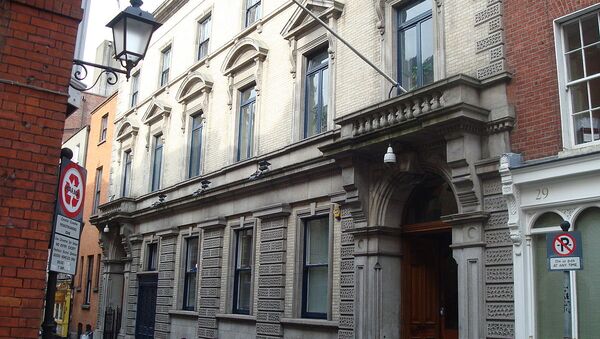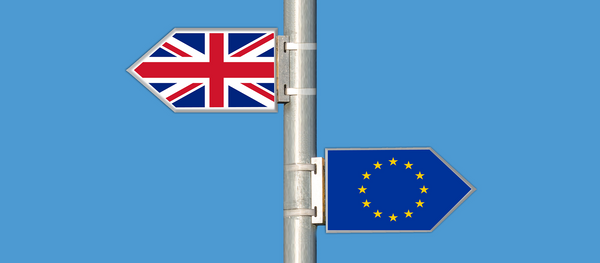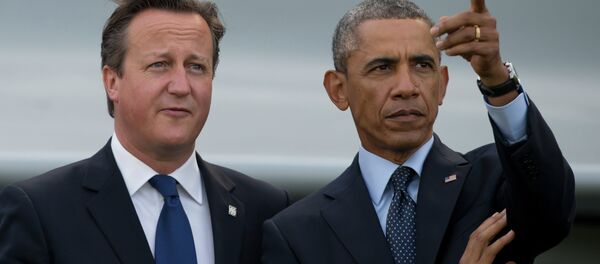Most of the international companies that have opened offices and built facilities in Ireland are US-based multinationals which sought to sidestep higher tax rates elsewhere, as well as avoid the recent carnage in corporate profits. The Republic's strong trade ties with most of mainland Europe have also boosted its positioning as an economy reemerging from the disastrous debt crisis of the early 2010s; it has sought to build a more sustainable and competitive business environment.
According to a report by the Dublin-based Central Statistics Office (CSO), Ireland's GDP gained 26.3 percent in 2015, compared to previous estimates of 7.8 percent growth. Foreign companies have based themselves Ireland, helping to expand the nation's balance sheet well into positive territory.
"We are a very small economy, and if we get a big increase in assets, this is what happens," Michael Connolly of the CSO, said following the announcement.
Foreign companies move to Ireland mainly through mergers and acquisitions (M&A); they acquire local assets in a process known as "inversion". Many originally American companies, most prominently in the biopharmaceutical sector, such as Allergan, Perrigo Co., and Jazz Pharmaceuticals Plc, changed their domicile to Ireland after facing greater tax and exchange rate pressures elsewhere. The relaxed corporate tax regime in Ireland and the relative weakness of the euro (which has been powering the German economy since at least 2013) have created greater output and export opportunities.
Formerly American companies that are now based in Ireland include medical technology developer Medtronic and security systems manufacturer Tyco. Both had bought insignificant Irish-based assets before moving to Ireland.
Following the CSO announcement, Ireland's Finance Minister Michael Noonan said the accelerated growth and exports have helped reduce debt and deficit figures. However, such a massive influx of investment bears significant risks, such as a possible overheating of the economy, which has undergone a major expansion in a very short period of time.
+ Good thing, with #Irish economy 30% larger now, Michael Noonan can easily write a cheque for E5bn for #EuroBanks Bailout3.0
— Constantin Gurdgiev (@GTCost) 12 July 2016
Tax "inversions" result in gains in formal GDP assessment figures but don't necessarily result in comparable gains in jobs, salaries, wages, and the overall quality of life: companies domiciled in Ireland are making profits around the world, yet all this money is accounted for in Ireland's GDP estimates without being physically present in the country.
"I'm not going to stand up and say the economy grew by 26 percent," Jim Power, a non-affiliated economic researcher said. "It's meaningless."
Tax "inversion" deals have previously stirred concern in Washington, which attempted to launch an administrative crackdown on such deals rather than seeking a market-based solution. US President Obama addressed Congress earlier this year demanding that such deals should be blocked.
"When companies exploit loopholes like this, it makes it harder to invest in the things that are going to keep America's economy going strong for future generations," Obama said, discussing the exodus of biopharmaceutical companies from the US.
Underlying GDP growth, based on gains in employment and fiscal performance, is estimated at roughly 5.5 percent for 2015.




